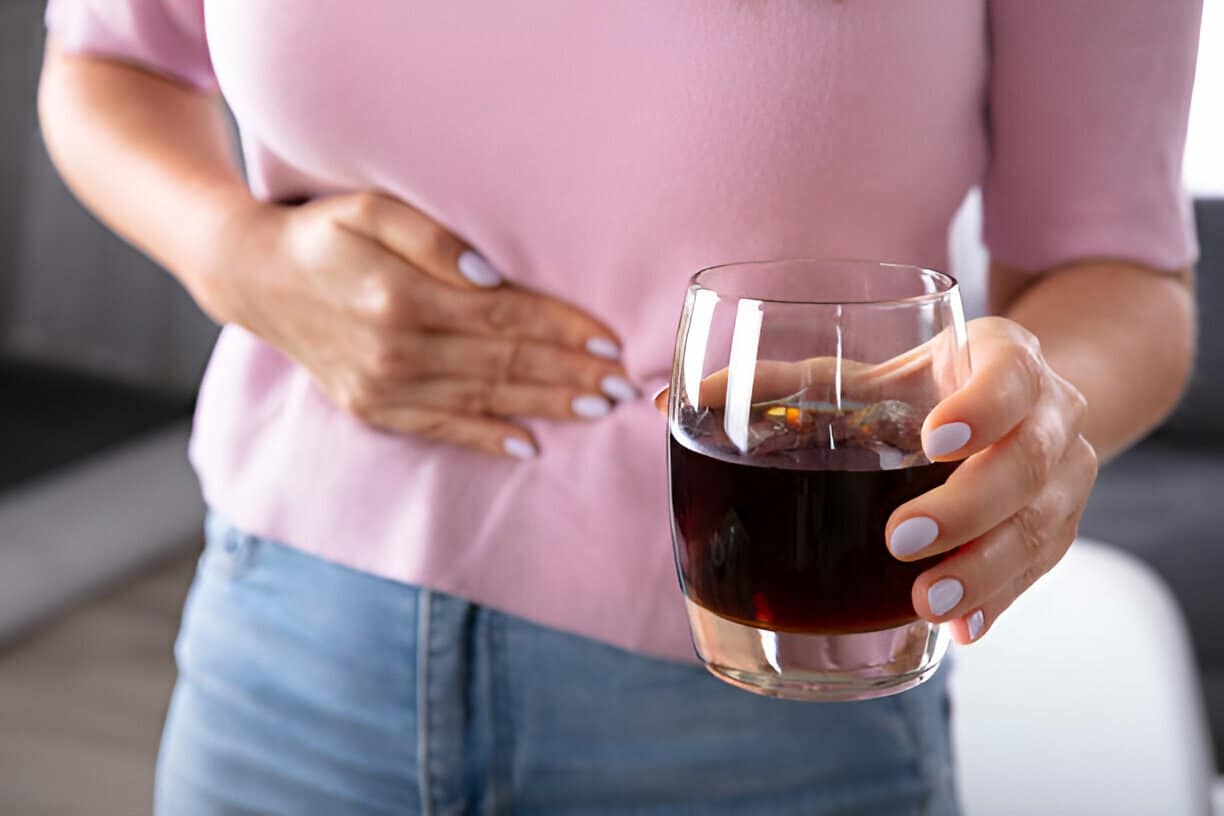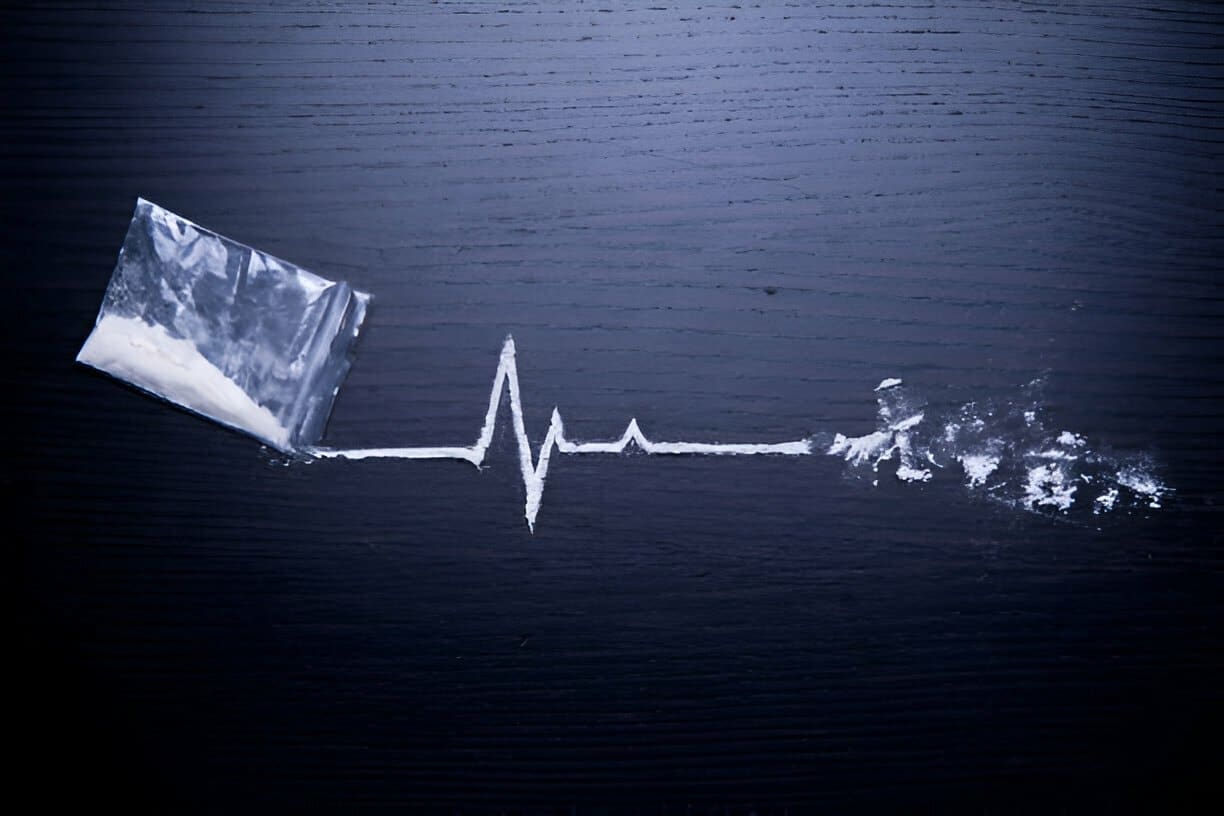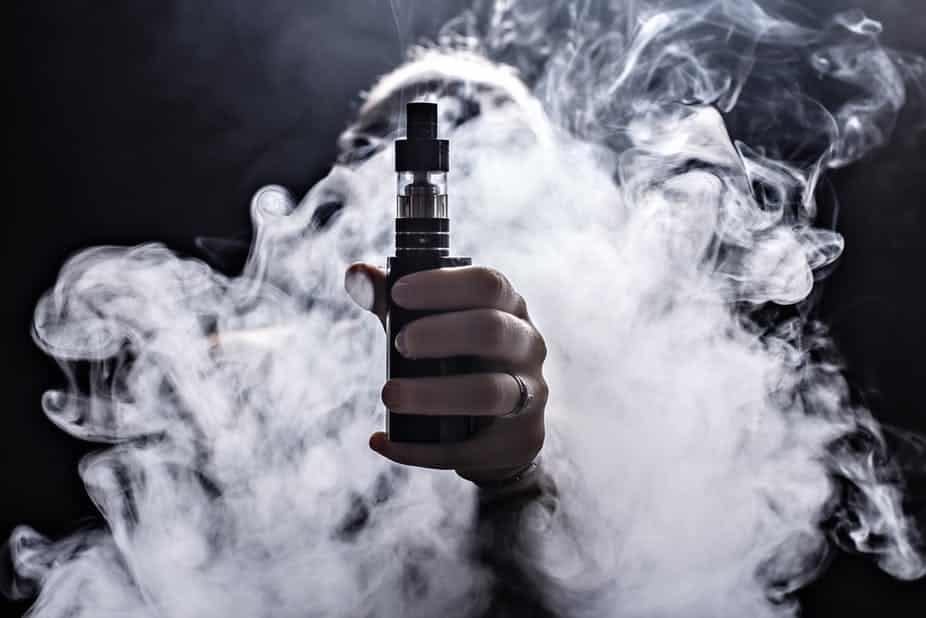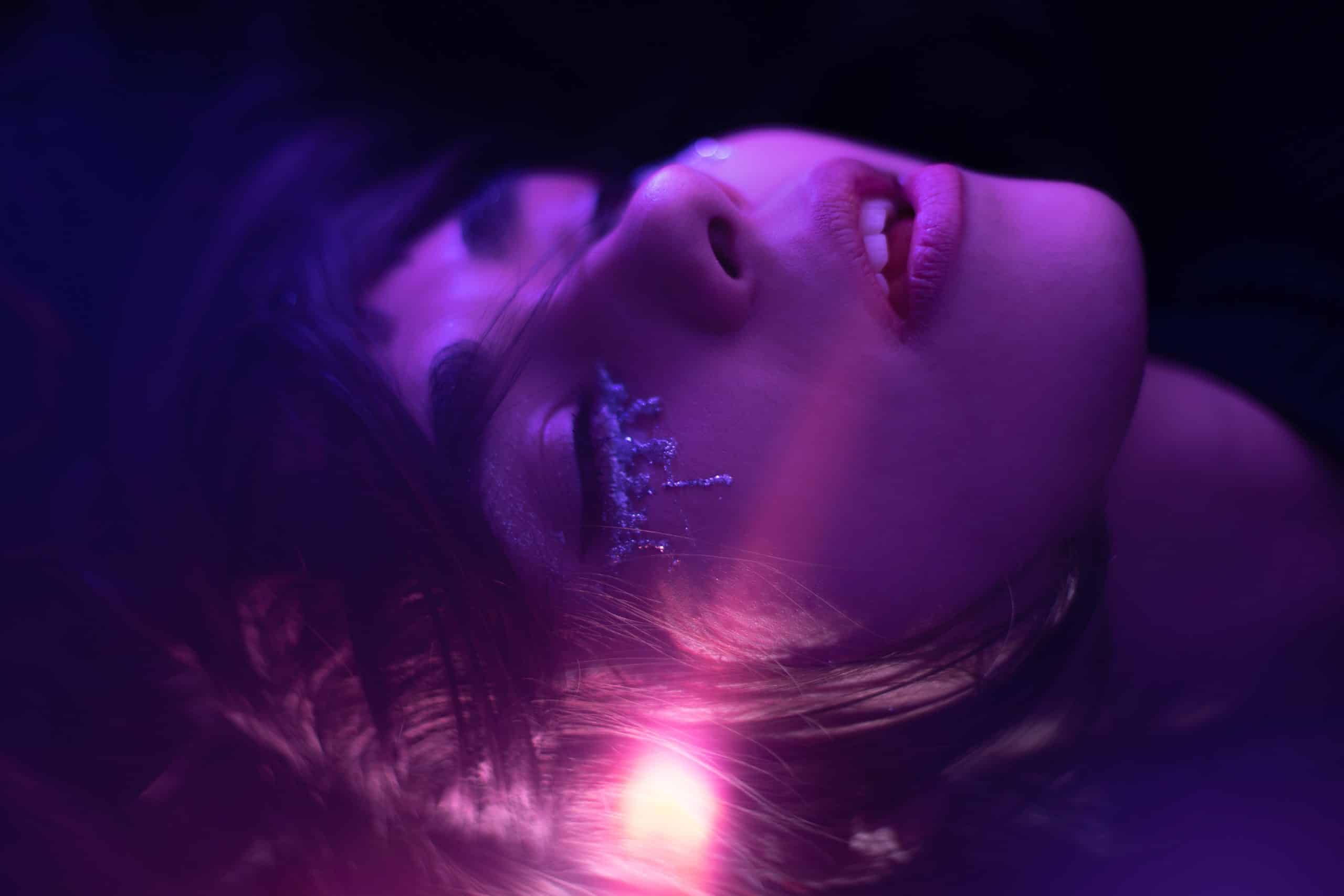Psychosis is a mental illness that causes a person’s ability to discriminate between what is and is not real to be distorted. This can manifest as hallucinations (both visual and auditory) and delusions, leading a psychotic person to feel they are experiencing a completely different reality and acting in ways that can be dangerous in real life.
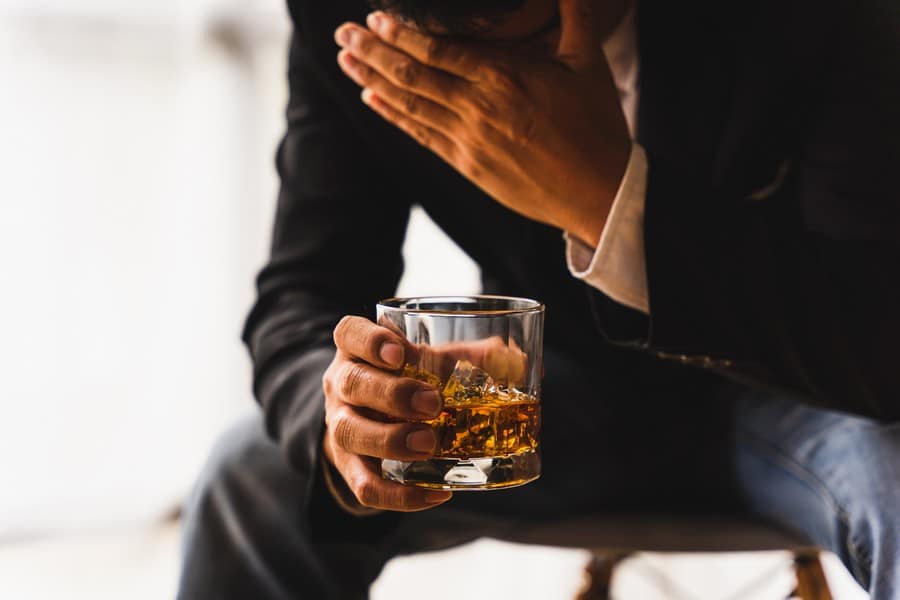
Some extreme psychotic episodes may require hospitalisation to ensure the person’s as well as others’ safety. This, unsurprisingly, makes life difficult for both the person who has psychosis and those around them. Even in minor cases, carrying out daily chores and communicating with others might be challenging. More severe cases may result in the complete incapacity to live a normal life.
Psychosis is an abnormal mental and physical state. When you have psychosis, you lose contact with reality and believe things that aren’t true or genuine. You may exhibit physical behaviours that alert people to the fact that something is wrong, even though it is fundamentally a psychological condition.
There are various recognised types of psychosis. Although the symptoms of the condition are generally the same in all of these categories, how they manifest may differ dramatically from one case to the next. Treatment options may vary depending on the severity and duration of the psychotic episodes.
If your loved one needs support dealing with an Alcohol Addiction, contact us today on 0800 999 1083. We can help you by recommending treatment options.
Psychosis is a mental health disorder characterised by hallucinations or delusions. Psychotic severe symptoms include hearing voices, seeing things that aren’t real, feeling paranoid, having trouble sleeping, and thinking that other people are out to get you. Psychosis can be caused by several different factors, including:
There are several types of psychosis:
Drug-induced psychosis is not a type per se but reflects all psychosis resulting from drug abuse, addiction or withdrawal.
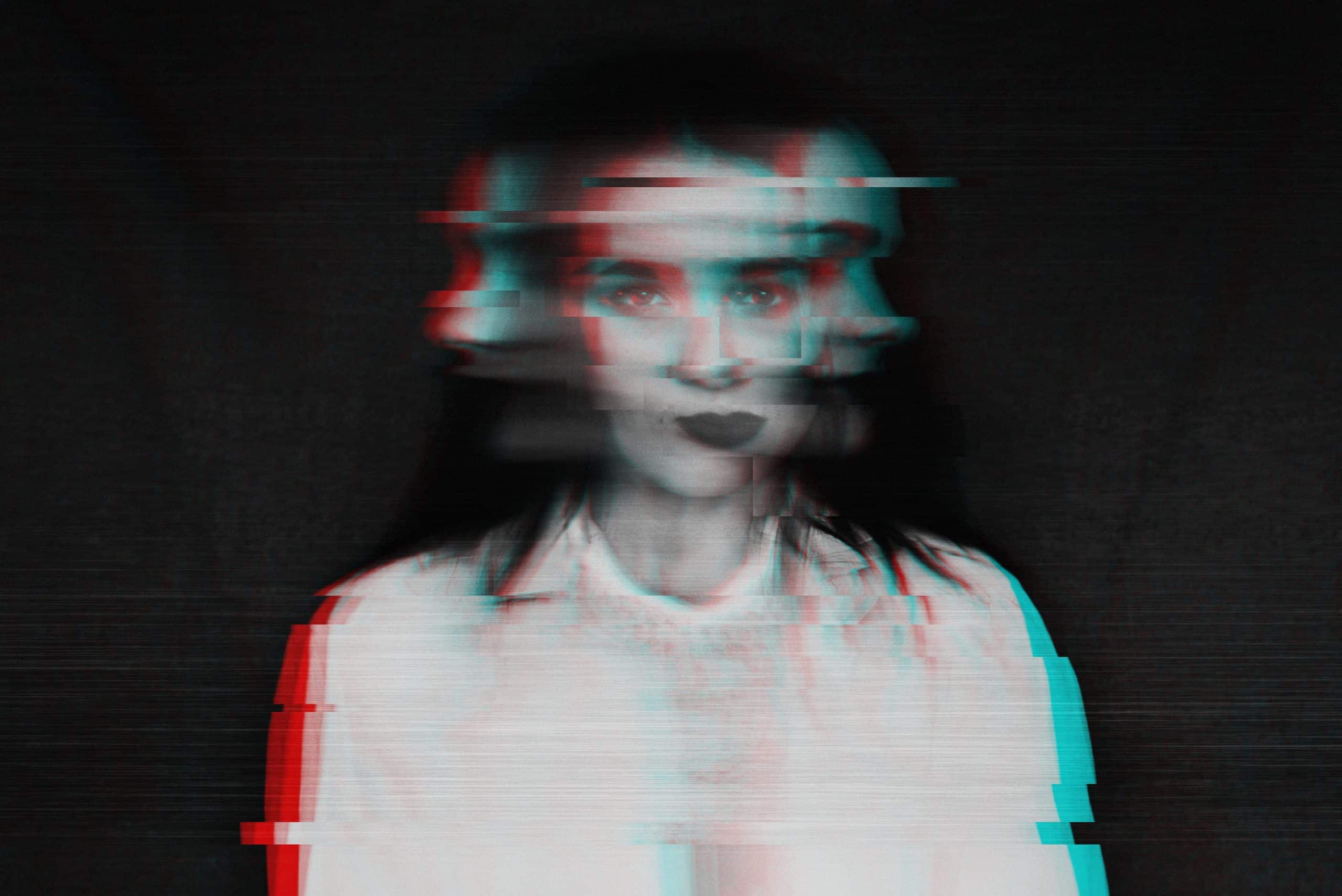
The symptoms of psychosis vary depending on which part of the brain is affected. Hallucinations occur when there’s an interruption in communication between two parts of the brain: the auditory cortex and the visual cortex. This disruption causes sounds to seem like they’re coming from somewhere else or something not really there at all.
Delusions happen when there’s a problem with information processing in one brain area. For example, someone who believes he has been poisoned might hear his own heartbeat or feel a burning sensation.
The following are common psychotic disorders symptoms:
The following signs indicate psychosis:
If you have any of these symptoms, it’s important to seek help right away. You don’t want to wait until you’ve had a psychotic episode before getting treatment.
Some psychotic people commit acts of violence against themselves or others in response to hallucinations and delusions; nevertheless, this is not always the case.
Though a psychotic episode is a serious issue, it does not necessarily indicate that you have a mental illness like Schizophrenia. Psychosis can be a symptom of something else.
When you’re going through substance withdrawal, your brain is trying to adjust to the absence of drugs. In its attempts to function without them, you may suffer temporary psychotic episodes.
Delusions occur when you believe something is happening in the real world that isn’t, and you disregard any challenges to your beliefs from others because it feels true to you.

Delusions can take many forms, including:
Hallucinations are created when your sensory perceptions of what is going on around you are distorted. They are most typically linked to abnormalities in vision or hearing, but they can also be linked to smell and touch.
Hallucinations come in a variety of shapes and sizes, including:
Psychosis will undoubtedly change your whole way of life because it causes you to lose contact with reality. Your employment, relationships, and social activities will all be affected, possibly to the point of complete disengagement.
If you are a student and you are psychotic, you will most likely struggle academically. You won’t have the usual drive to accomplish anything reasonable. You won’t be able to make any critical judgments because you won’t be able to distinguish between what is genuine and what isn’t.
Alcohol, cannabis, stimulants (including cocaine), and psychedelic drugs like LSD are among the most harmful psychoactive substances linked to the development or worsening of psychosis. Drug psychosis is more commonly thought of as a possible side effect of long-term drug use than as a symptom of addiction. However, psychosis has been reported in the context of narcotic withdrawal, indicating that the person is profoundly dependent on those drugs.
You can develop psychosis if you abuse or become addicted to substances like marijuana, psychedelic chemicals like LSD, alcohol, cocaine, or other opioids. In this case, psychosis is your body’s way of telling you that it depends on the substance or needs more of it because the supply has run out or the substance has lost its effectiveness.
You may suffer severe withdrawal symptoms of drug-induced psychosis if you stop using a drug you’re addicted to. Psychosis is your body’s response to the absence of the chemical. As a result, psychosis is a sign of both substance withdrawal and addiction.
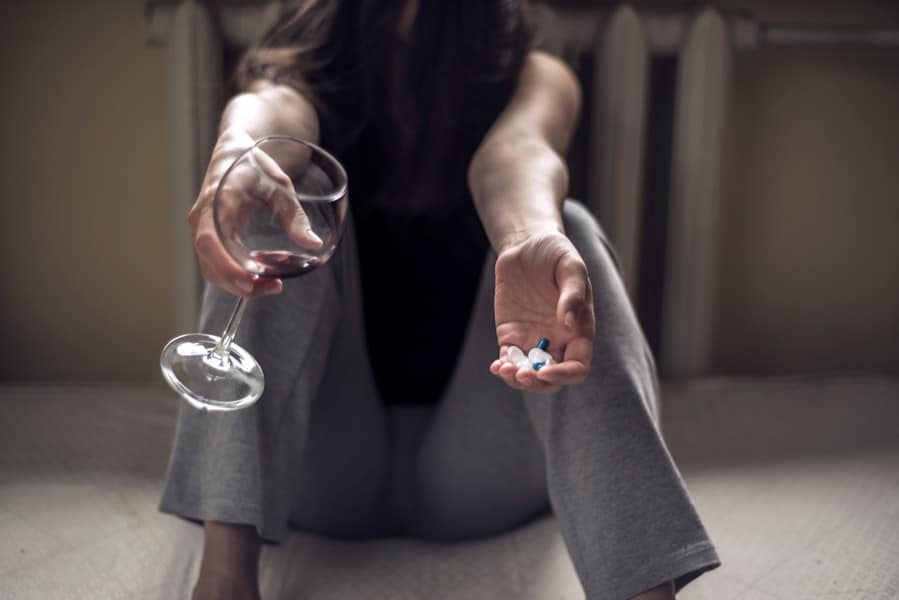
Drug-induced psychosis is a common but usually short-lived mental health symptom. Psychosis is a state of separation from reality that can result in delusions or hallucinations, which are illusory sensory experiences. Psychosis can develop while a person is consuming drugs or during the acute alcohol withdrawal and drug detox process.
During severe alcohol withdrawal, some patients experience alcohol withdrawal symptoms that include hallucinations, delusions, psychosis, grand mal alcohol withdrawal seizures, and delirium tremens (DTs).
A person experiencing drug-induced psychosis will often have some of the same symptoms experienced by those who have schizophrenia. However, drug-induced psychosis tends to be much less severe than schizophrenia. The most common types of drug-induced psychosis include:
A person experiencing withdrawal psychosis will typically develop withdrawal symptoms within 24 hours after stopping the use of certain substances. Commonly reported symptoms of withdrawal psychosis can include:
An acute intoxication syndrome occurs when a person uses a substance that’s known to produce a high level of euphoria. Symptoms of acute intoxication syndrome include:
Toxic delirium is a type of delirium that results from taking too many prescription medicines or recreational drugs. It’s also referred to as “medicine madness.”
Symptoms of toxic delirium include:
Detoxification is an essential step for people suffering from drug addiction. This is because it helps clear out the harmful toxins (including alcohol and drugs) from the body. During detox, doctors can prescribe medications to treat the various symptoms associated with drug withdrawal. Medicines are sometimes prescribed to prevent seizures and other complications that might occur during detox, including drug-induced psychosis.
When all other causes have been ruled out, a mental health professional will diagnose psychosis, and symptoms will be assessed using a range of standard assessment criteria. The five criteria that are typically considered in a psychosis diagnosis are hallucinations, delusions, disorganisation, extreme agitation, and emotional distress.
The underlying illness that has been discovered determines the treatment for psychosis. Bipolar disease-induced psychosis, for example, will be treated differently than opiate addiction-induced psychosis. Antipsychotic medications, as well as psychotherapy and counselling, are among some of the present treatments. Severe cases often require extensive hospitalisation.
If you are experiencing symptoms such as delusion, hallucinations, or disorganisation, seek professional help immediately. Doctors will investigate and treat the underlying illness after treating the symptoms (either underlying mental health condition or addiction). Specialists will know how to cope with psychotic symptoms in the most effective way possible.
So, if you observe any signs of psychosis, don’t hesitate to seek medical help straight away. You should not self-medicate, as you might develop an addiction or risk harming your health. The symptoms and behaviours associated with psychosis can be very dangerous for yourself and others.
Don’t go through the process of recovery alone. Treatment providers can answer your questions. Get in touch with one today.
Call 0800 999 1083 today!
The following medications are commonly used to treat psychosis during detox:
Benzodiazepines are sedative/anxiolytic agents that have been shown to reduce anxiety and improve sleep quality. They’re often prescribed to treat insomnia and anxiety. Some benzodiazepines are available over the counter, but they should only be taken under medical supervision.
Benzodiazepines are not recommended for use by pregnant women. Long term use of these medications has been linked to birth defects.
• Antipsychotics
Antipsychotics are potent medications that are most effective at treating schizophrenia. They work by blocking dopamine receptors in the brain. Dopamine is a neurotransmitter that plays a role in regulating movement and emotions.
Antipsychotics may cause weight gain, drowsiness, dry mouth, dizziness, constipation, blurred vision, and sexual problems. People who take antipsychotics long term may experience tardive dyskinesia, which causes involuntary movements of the face, tongue, jaw, and extremities.
• Lithium
Lithium is a medication that treats bipolar disorder. It works by stabilising moods and reducing manic episodes. It also reduces the risk of suicide in those with bipolar disorder.
Lithium is generally considered safe when taken alone. However, lithium toxicity can occur if too much lithium is absorbed through the digestive system. Symptoms of lithium toxicity include nausea, vomiting, diarrhoea, abdominal pain, confusion, and irregular heartbeat.
• Clozapine
Clozapine is an antipsychotic medication that’s approved for treatment-resistant schizophrenia. It’s also helpful in treating severe agitation caused by psychotic depression. Clozapine may produce side effects such as headache, muscle stiffness, weakness, tremors, and abnormal heart rhythms.
• Risperidone
Risperidone is an antipsychotic agent that’s FDA-approved for treating schizophrenia. It’s also used to treat irritability in children with autism spectrum disorders. Side effects include increased appetite, decreased energy, and restlessness.
• Quetiapine
Quetiapine is an antipsychotic medication that’s FDA-approved to treat schizophrenia and bipolar disorder. It’s also used off label to treat aggression in children with disruptive behaviour disorders. Quetiapine may cause drowsiness, fatigue, headaches, and constipation.
• Olanzapine
Olanzapine is an antipsychotic medication that’s approved to treat schizophrenia and bipolar I disorder. It’s also indicated for treatment-resistant depression. Common side effects include tiredness, difficulty sleeping, and changes in appetite.
• Ziprasidone
Ziprasidone is an antipsychotic medication that’s FDA approved to treat schizophrenia. It’s also indicated to treat mania associated with bipolar I disorder. It may cause drowsiness and dry mouth.
• Aripiprazole
Aripiprazole is an antipsychotic that’s FDA-approved as an adjunct therapy for major depressive disorder. It’s also approved to treat schizophrenia. Aripiprazole may cause drowsiness.
• Paliperidone
Paliperidone is an atypical antipsychotic medication that was FDA-approved in 2012. It’s indicated to treat schizophrenia. Paliperidone may cause sedation, anxiety, and insomnia.

There are many things you can do to prevent psychosis during your detox. These tips will help:
• Get plenty of sleep. Lack of sleep increases the risk of developing psychosis. Try to go to bed early, so you get enough sleep.
• Eat well. Eating healthy foods like fruits and vegetables helps keep you feeling energetic and gives you more energy to cope with stress. Avoid junk food and sugary drinks.
• Exercise regularly. Regular exercise improves your physical fitness and boosts self-esteem. It also lowers your blood pressure and cholesterol levels.
• Stay connected. Talk to friends and family members about how they’re doing. You’ll feel better knowing that people care about you.
• Don’t use alcohol or other substances. Alcohol and other substances make it harder to think clearly and stay focused on what’s important. They can also interfere with the way your brain processes information.
• If you have thoughts of harming yourself or others, seek medical attention immediately. Call 999 or your local emergency number.
• Be careful around people who might be taking psychotropic medications. Ask them about their medicines before you start talking to them.
If you experience symptoms of psychosis during detox, talk to your doctor about whether you need additional treatment.
It’s essential to get help if you notice any of the following signs and symptoms:
If you have an addiction and suffer from psychotic symptoms, you should seek treatment right away. Your psychosis is almost certainly linked to drug addiction. Regardless, doctors will address both the psychosis and the underlying drug usage problem when you begin addiction treatment.
Many UK hospitals have extensive experience treating addiction and psychosis.
Addiction, like psychosis, can be a frightening and crippling illness. Contact your doctor or an addiction specialist now to reclaim control of your life and begin your journey back to happiness. To discuss treatment options, call 0800 999 1083.

BACP accredited psychotherapist with 16 years experience working in mental health specialising in psychodynamic person-centred therapies treating those with a range of mental health disorders including anxiety, depression, OCD and Addiction.

Fill in your details and we’ll send you a message via SMS.

No matter where you live, there are drug and alcohol rehab options for you to discover. Treatment providers are waiting to answer your questions. Get started today.

Ever felt that gnawing ache or burning sensation in your gut after a night of drinks? You’re not alone. Stomach pain after drinking is a common complaint, and there are a few reasons why it might happen. Let’s delve into the science behind the discomfort and explore ways to soothe your stomach. The Irritating Truth: … Continued

Cocaine, a stimulant known for its short-lived burst of energy and euphoria, hides a dark side. Behind the initial high lies a dangerous potential for overdose, with severe health consequences and even death. This article delves into the world of cocaine overdose, equipping you with the knowledge to recognize the signs, understand the dangers, and … Continued

Adult smoking habits in the UK refer to how often and in what ways people aged 18 and above use tobacco. This includes everything from smoking cigarettes every day to occasionally lighting up, as well as using other tobacco products. Understanding these habits is important for several reasons: Public Health: Smoking causes many diseases that … Continued

Addiction in the UK is a complex issue that is connected to various aspects of society such as healthcare and law enforcement. It affects people from all backgrounds and has negative impacts on families, communities, and the entire nation. Understanding addiction involves not only looking at the uncontrollable use of substances and repetitive behaviors but … Continued

Don’t go through the process of recovery alone. Treatment providers can answer your questions. Get in touch with one today.
Call 0800 999 1083 today!





